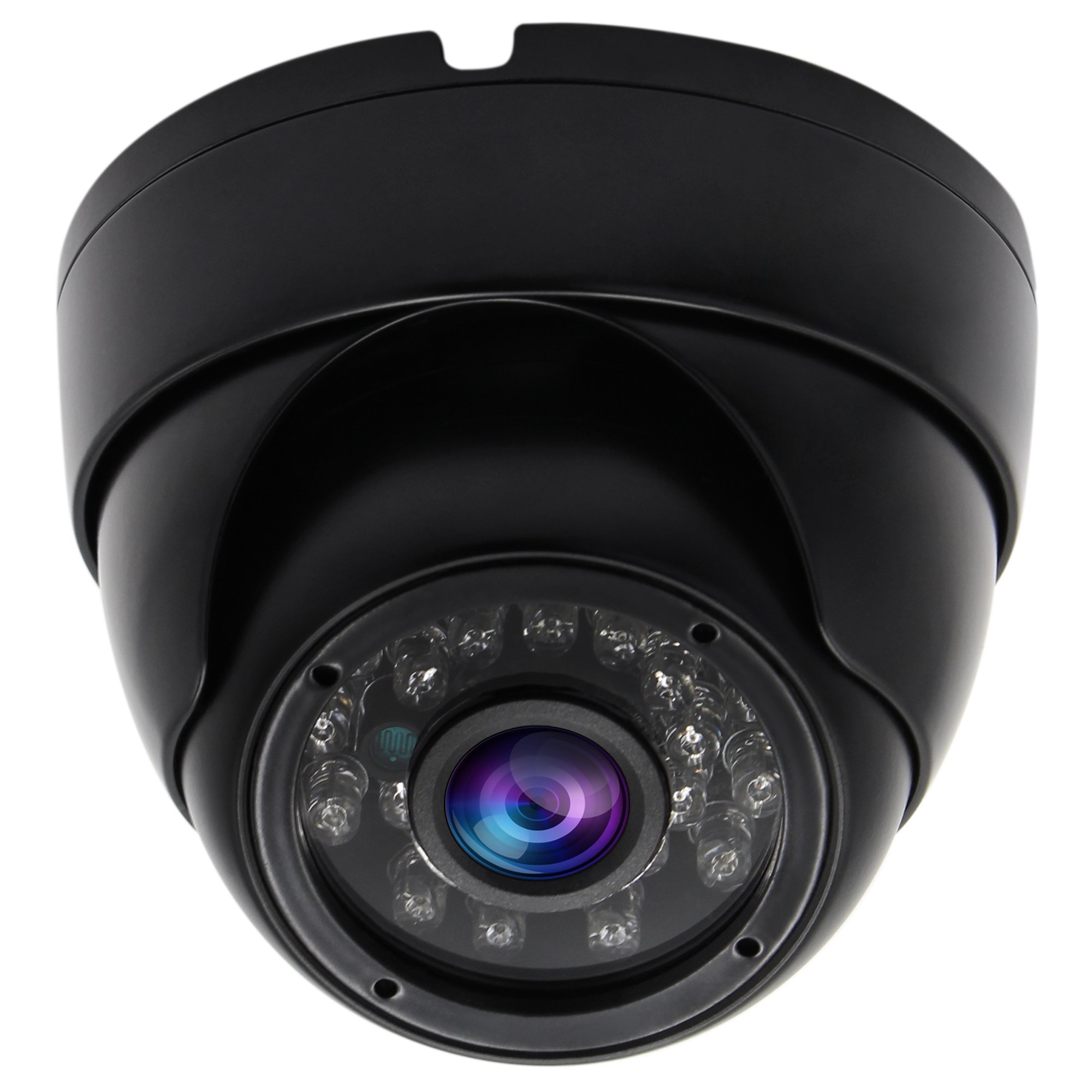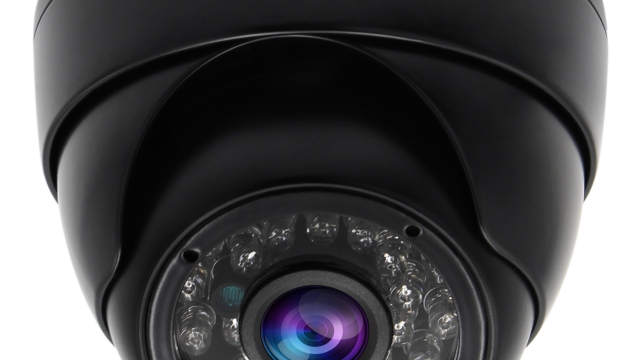
In an increasingly unpredictable world, where safety and security are paramount, the role of security cameras has become more significant than ever. These seemingly innocuous devices have transcended their utilitarian purposes, evolving into silent guardians that keep a vigilant watch over our homes, businesses, and public spaces. With their wide array of features and capabilities, security cameras serve as a deterrent against crime while providing peace of mind in an atmosphere often clouded by uncertainty.
As we navigate our daily lives, we may not always be aware of the watchful eyes monitoring our environments, but their presence often provides a sense of safety that we take for granted. From suburban neighborhoods to bustling city streets, security cameras blend seamlessly into the backdrop of our lives, capturing moments that may otherwise go unnoticed. Whether we recognize them or not, these devices play a crucial role in safeguarding our communities, reminding us that while we may not see them, the eyes are indeed everywhere.
The Evolution of Surveillance Technology
Surveillance technology has come a long way since its inception, transforming from rudimentary methods to sophisticated systems that play a crucial role in our safety. In the early days, surveillance relied heavily on human observations and manual record keeping. Watchmen patrolled streets, and various forms of natural observation were employed to deter crime. Simple tools like mirrors and bells were used to enhance visibility and alertness, but they had significant limitations in terms of coverage and reliability.
The introduction of closed-circuit television revolutionized the field of surveillance in the 20th century. These systems allowed for continuous monitoring of specific areas without the need for constant human presence. By capturing and transmitting video signals to a designated screen, security cameras offered an unprecedented view of public and private spaces. As technology progressed, these systems became more accessible, paving the way for widespread adoption in various sectors, including retail, banking, and urban security.
With the advent of digital technology and the internet, security cameras underwent another significant transformation. Modern surveillance systems are now equipped with features such as high-definition video, night vision capabilities, and remote access. Cloud storage allows for easy retrieval of footage, while advanced analytics, including facial recognition and motion detection, enhance the effectiveness of security measures. As we embrace this technological evolution, security cameras have become essential tools in safeguarding our homes, businesses, and public spaces, acting as silent guardians in an increasingly complex world.
Privacy Concerns and Ethical Considerations
The proliferation of security cameras has sparked significant debate regarding privacy and surveillance. As these devices become more commonplace in public spaces, homes, and workplaces, individuals are increasingly concerned about their right to privacy. The potential for being constantly monitored raises questions about how much surveillance is acceptable and where the line should be drawn. This ongoing discussion challenges the balance between safety and personal privacy, prompting many to contemplate the implications of living under constant observation.
Moreover, there is a valid fear that security cameras can be misused, leading to unauthorized access to footage and data. Instances of individuals using camera systems for purposes beyond security, such as stalking or harassment, heighten these concerns. As technology advances, the capabilities of security cameras are evolving, leading to further complications regarding consent and the ethical use of recorded materials. Ensuring that security measures do not infringe on personal freedoms is a crucial aspect of the conversation around surveillance technology.
Finally, legislation around the use of security cameras varies significantly across regions, creating a patchwork of standards and regulations. This inconsistency can make it challenging for individuals to know their rights concerning surveillance. Governments and organizations must navigate these issues carefully, ensuring that policies are in place to protect the public while still providing necessary security measures. As society grapples with these ethical dilemmas, a proactive approach to privacy rights and security will be essential for building public trust in surveillance technologies.
Security Camera Repairs
The Future of Security Cameras
The future of security cameras is poised for remarkable advancements, driven by the ever-evolving technology landscape. As artificial intelligence continues to improve, security cameras will likely become smarter, capable of analyzing real-time data to detect unusual behaviors and potential threats more effectively. This shift will not only enhance security measures but also enable proactive responses, reducing the reliance on human monitoring and allowing for quicker intervention in critical situations.
Integration with connected devices and smart home ecosystems is another key development on the horizon for security cameras. This connection will allow for seamless interaction between cameras and other smart devices, creating a comprehensive security network. For instance, a security camera could trigger an alarm or send alerts to homeowners and law enforcement based on detected movements, offering a more coordinated and efficient approach to safety.
Privacy will remain a significant concern as security cameras become more pervasive in public and private spaces. The future will require a balanced approach that emphasizes both security and individual rights. Innovations such as advanced data protection measures, transparent usage policies, and user-controlled privacy settings will be crucial in building trust among users. As the technology matures, finding the right standards for ethical use will ensure that these silent guardians serve their purpose without infringing on personal privacy.






Recent Comments